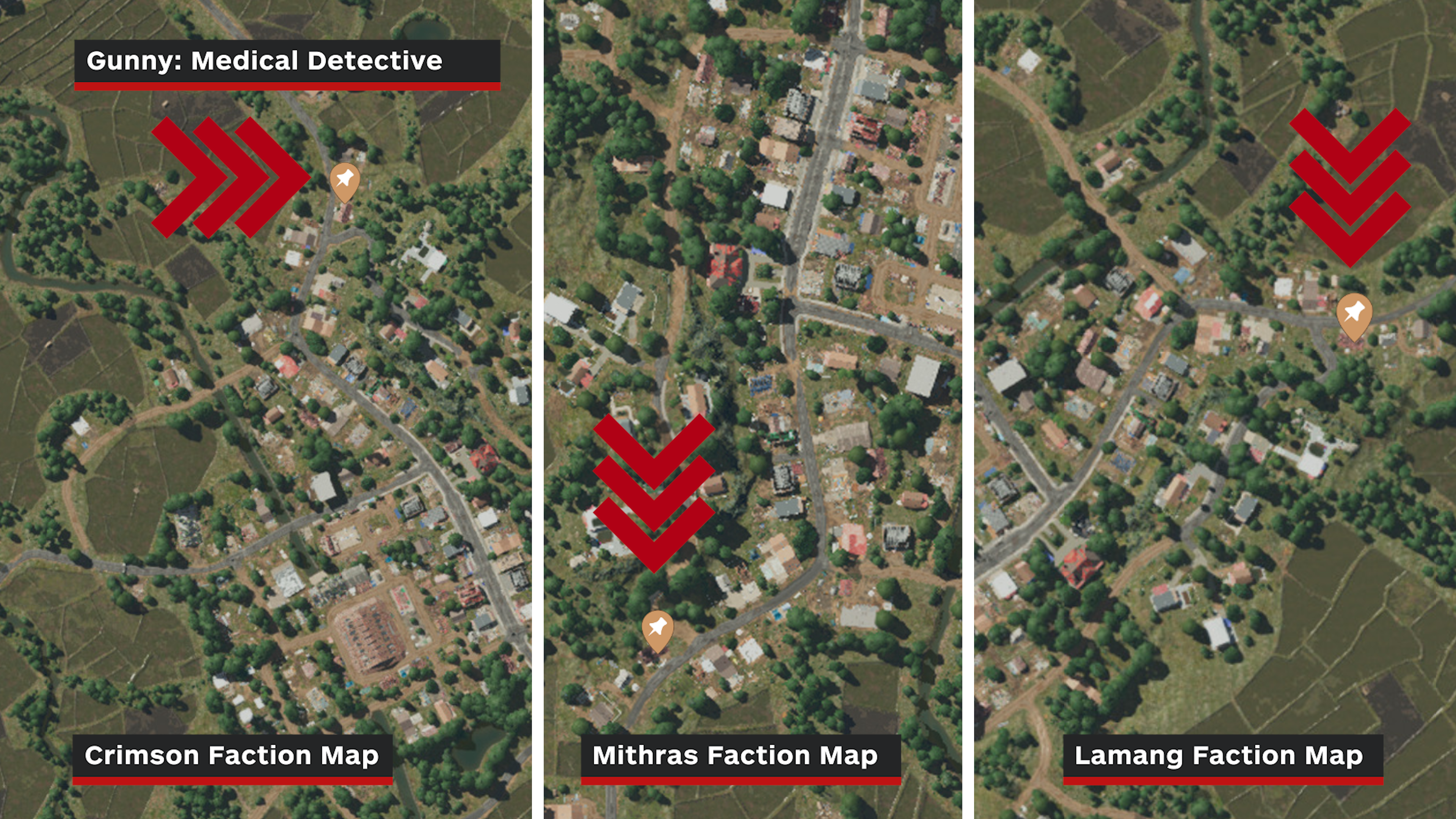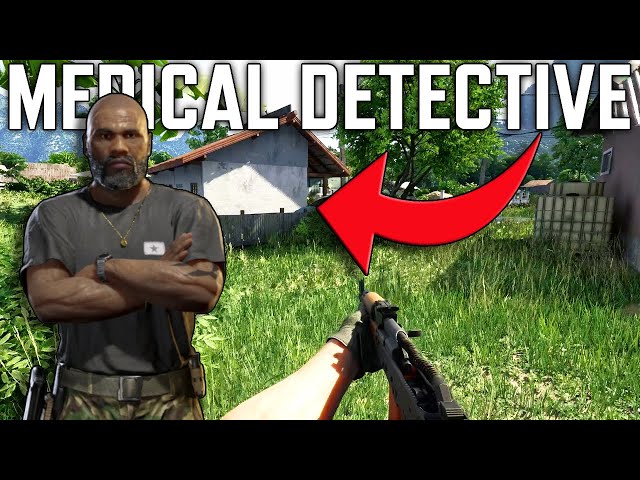Sometimes you just gotta take charge of your own situation, especially when it comes to health. Doctors try their best, usually, but they don’t live in your body. They see you for 15 minutes, look at some charts, and make a call. Doesn’t always cut it.
I learned this the hard way a couple of years back. Started feeling… off. Just really tired all the time, weird aches that would come and go, brain fog like you wouldn’t believe. Went to my regular doc. Ran the basic blood tests. “Everything looks normal,” he said. Told me to get more sleep, maybe reduce stress. Easy for him to say, right?

But it didn’t get better. It got worse. Some days just getting out of bed felt like climbing a mountain. Work started suffering. My family noticed I was just not myself. Went back to the doctor. More tests. Still “normal”. Saw a specialist. Same story. They started hinting maybe it was psychological. You know, “all in my head”. That really ticked me off. I knew something was physically wrong.
Taking Matters Into My Own Hands
That’s when I decided, screw it, I’m figuring this out myself. Felt like I had to become my own detective. A real stubborn one, like an old Gunnery Sergeant who won’t take ‘no’ or ‘maybe’ for an answer. That’s the ‘gunny’ part, I guess. Just pure, mule-headed persistence.
So, what did I do?
- I started tracking everything. I mean everything. What I ate, when I slept, how much I slept, what hurt, when it hurt, how bad it hurt (on a scale of 1-10), my energy levels hour by hour, my mood. Used a simple notebook at first, then a spreadsheet.
- I devoured information. Spent hours online, reading medical journals (or abstracts, anyway), patient forums, articles. Looking for conditions that matched my weird collection of symptoms. You gotta be careful online, lots of junk, but patterns emerge.
- I learned to read my own lab results. Didn’t just take the “normal” at face value. I looked up what each marker meant, what the “optimal” ranges were, not just the ridiculously wide “normal” ranges. Found a few things that were borderline, things the docs had dismissed.
- I pushed back. Armed with my logs and research, I went back to the doctors. This time, I wasn’t just passively answering questions. I asked them specific questions. “Could it be X? My logs show Y pattern.” “Why did you dismiss marker Z when it’s low-normal and I have these symptoms?”
It wasn’t easy. Got a lot of eye-rolls. One doctor basically told me to stop playing doctor on the internet. But I kept at it. Found a new doctor, younger guy, more open-minded. Showed him my binder full of notes and logs. He actually took the time to listen. He admitted he didn’t know what it was, but he believed something was wrong and was willing to dig deeper.
We ran more specific tests, some pretty obscure ones based on my research and tracking. And bingo. Found it. A not-so-common autoimmune thing that didn’t show up on standard panels. It wasn’t life-threatening, thankfully, but it explained everything. The fatigue, the pain, the brain fog.
Getting the diagnosis was a massive relief. Just knowing what it was, having a name for it, made a huge difference. Started treatment, made some big lifestyle changes based on the diagnosis. It’s not magically gone, it’s something I manage now. But I got my life back, mostly.

The whole experience taught me you have to be your own biggest advocate. Doctors are partners in your health, but you’re the one living it. Sometimes, you gotta put on that detective hat, get stubborn like a gunny, and dig until you find the answers.
















